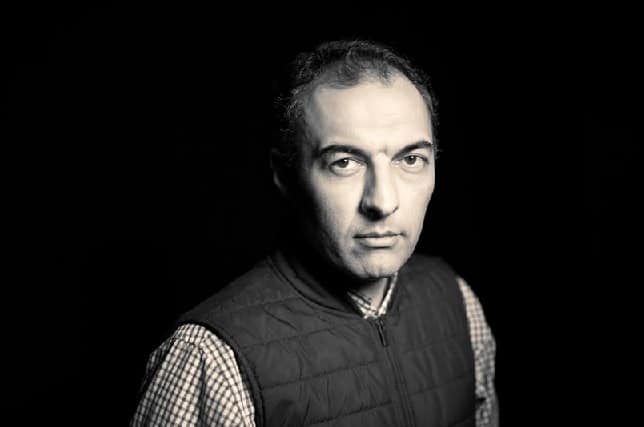
Its geography and the coming elections are what save Romania. Why Ciolacu stands a good chance of having the EU and the financial markets accept his sham tax reform?
Like any reform attempt in Romania, nestled at the gates of the Orient, the Ciolacu government’s effort is largely a simulacrum. We witness a semblance of an appropriate measure here, a partial removal of an exception there, and a touch of anti-market overreach elsewhere — all culminating in an uncertain outcome amid much noise. Yet, Ciolacu stands a significant chance of gaining approval not only from the EU but also from financial markets. The reason? It’s a mix of geography and politics.
Urmărește cele mai noi producții video G4Media
- articolul continuă mai jos -
The genesis of this tax package and minor administrative reforms is the significant overshooting of the budgetary deficit. The PSD-PNL government had predicted a deficit of 4.4% of the GDP. In stark reality, however, Minister Boloș recognized a looming deficit of 6.8% if no swift measures were taken. All this ensued due to the PSD-PNL’s miscalculations and unchecked expenditures.
With its back against the wall, Ciolacu’s government found itself negotiating with the European Commission, aiming for the acceptance of a deficit capped at 5.5% of the GDP. This was predicated on the promised fiscal and budgetary reforms. However, the fiscal measures opened for public discussion seemed more like a hurried attempt to gather funds, while the public administration reform felt incomplete at best.
Here lies the paradox: despite the evident shortfalls in their reform strategies, the Ciolacu government and the PSD-PNL coalition are likely to receive the green light from institutional and financial partners. Why is this so?
Firstly, Romania plays a pivotal role in the West’s strategy for Ukraine. The EU and NATO cannot afford to lose Romania at this juncture. An economic or financial crisis triggered by withholding EU funds or sanctions imposed by the European Commission could push Bucharest into an uncontrollable political turmoil. Romania’s significance in Western-Ukraine relations cannot be understated, especially when considering its primary role in Ukraine’s goods transit, be it maritime, road, or river. This also extends to arms and ammunition from the West passing largely through Romania. Furthermore, Romania’s role has been amplified recently, especially after countries like Poland, Hungary, and Slovakia banned cereal imports from Kiev. Romania diplomatically navigated these waters, striking a government agreement with Ukraine and thereby ensuring a calming effect on its farmers.
Secondly, the EU’s horror at another integration failure in the East also plays into this. Countries like Hungary and Poland are seen as failed experiments of European integration, and Slovakia teeters on the edge. A severe sanctioning of Romania, either by halting European funds or imposing hefty fines, would spell disaster not just for Romania, but for the EU at large.
Thirdly, Brussels is wary of the rise of extremism, something Ciolacu masterfully utilized in his negotiations with the European Commission. His message was straightforward: push us too hard, and the pro-European PSD-PNL coalition could crumble, paving the way for AUR’s governance come 2024. The very idea of an anti-European government in Romania is nightmarish for the EU.
Lastly, the pro-EU rhetoric consistently espoused by Bucharest plays a role. Romanian leaders, including Iohannis, Ciolacu, and Ciucă, consistently affirm what the West yearns to hear: that the EU and NATO are Romania’s bedrock. Financial markets have reacted positively to this, with a representative from an investment fund stating candidly that while the pace of reforms isn’t ideal, they’re accustomed to it. Romania, when juxtaposed with countries like Poland or Hungary, is evidently more steadfast in its pro-European stance.
European diplomats in Bucharest share similar sentiments, acknowledging Romania’s occasional lapses but considering the situation far better than that in Hungary or Poland. They point to the EU’s decision to lift the MCV on justice for Romania as a testament to Bucharest’s approach. However, EU decision-makers are exasperated with Romania’s half-hearted commitment to European values and practices.
Yet, the EU’s final call is political. At a political level, the EU needs Romania, even if the country shows reluctance towards genuine reforms. Once again, geography aids Romania: its proximity to Ukraine, its indirect role in the conflict, and its consistent stance in the West-Ukraine-Romania trilateral relationship.

Donează lunar pentru susținerea proiectului G4Media
Donează suma dorită pentru susținerea proiectului G4Media
CONT LEI: RO89RZBR0000060019874867
Deschis la Raiffeisen Bank


